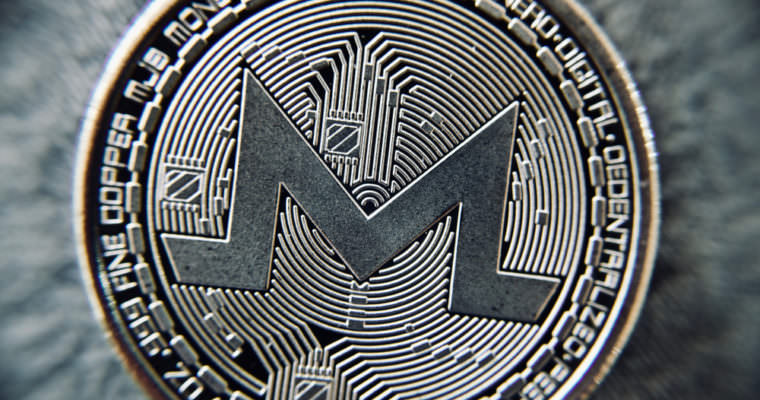
Join our community of 10 000 traders on Hacked.com for just $39 per month.
Japan’s Financial Services Agency (FSA) is pressuring local cryptocurrency exchanges to de-list privacy-centric altcoins such as Monero, Zcash, and Dash.
Writing in Forbes, Tokyo-based journalist Jake Adelstein reports that sources close to the FSA say the regulatory agency — which has sole authority to grant licenses to cryptocurrency exchanges — is “taking all available steps” to pressure domestic trading platforms to drop support for altcoins that tout the ability for users to make anonymous transactions.
The FSA claims that these cryptocurrencies, which are generally much more difficult to track than Bitcoin (though in some cases still possible, due to user error and other factors), have become too closely linked with the criminal underworld.
Monero, for instance, is increasingly associated with “cryptojacking” attacks, where hackers infect computers with malware that hijack CPUs and use them to mine cryptocurrency.
“It should be seriously discussed as to whether any registered cryptocurrency exchange should be allowed to use such currencies,” a member of an FSA-sponsored cryptocurrency working group reportedly said in a meeting on April 10.
At present, there is no official prohibition on trading or facilitating the trading of anonymous cryptocurrencies. Nevertheless, the FSA’s war on privacy-centric altcoins appears to be having some success.
Coincheck, which was the victim of a record-breaking hack in January and was later acquired by Japanese brokerage Monex, quietly de-listed Monero and two lesser-known altcoins that claim to be anonymous, presumably in a last-ditch bid to convince the FSA that it had cleaned up its act and deserved to be granted a license.
As CCN reported, Japan’s licensed cryptocurrency exchanges recently formed a self-regulatory body that will have enforcement power over its members. Among other things, the organization may curate a whitelist of cryptocurrencies that exchanges are allowed to list, which would provide the FSA with an easy avenue to pressure exchanges to de-list cryptoassets of which it does not approve without having to codify the prohibition into official policy.
Featured image from Shutterstock.
Follow us on Telegram.
Advertisement
